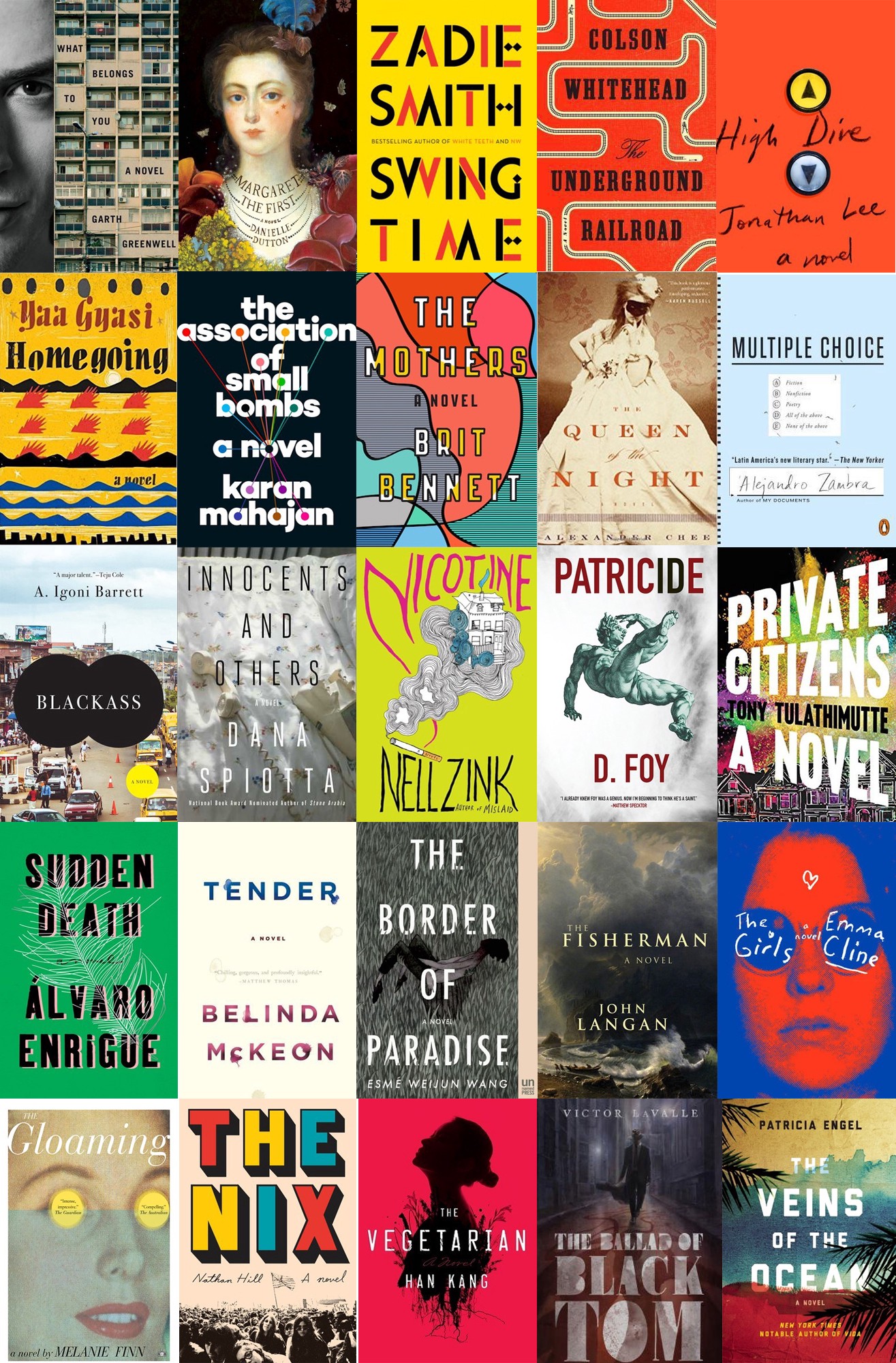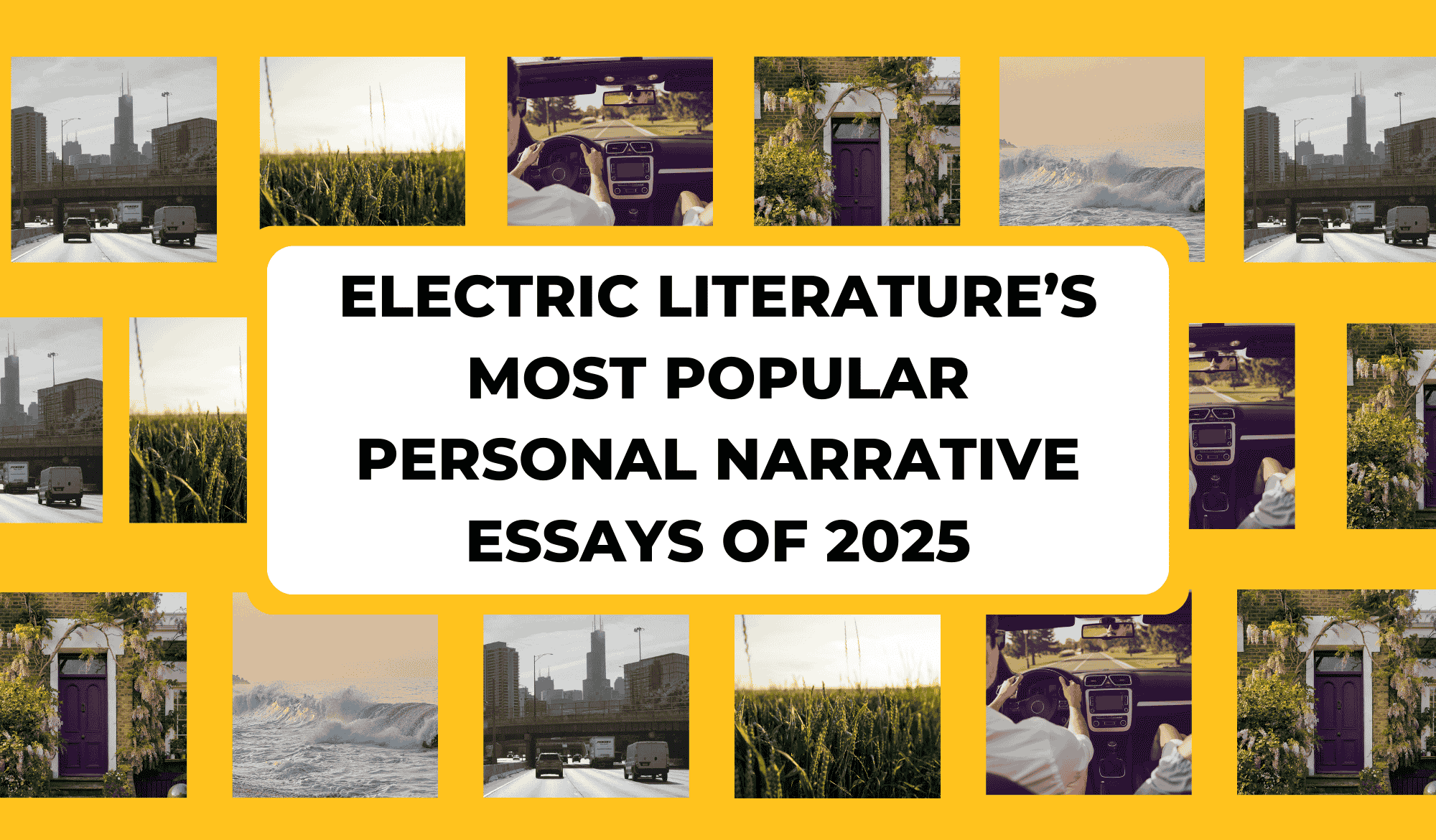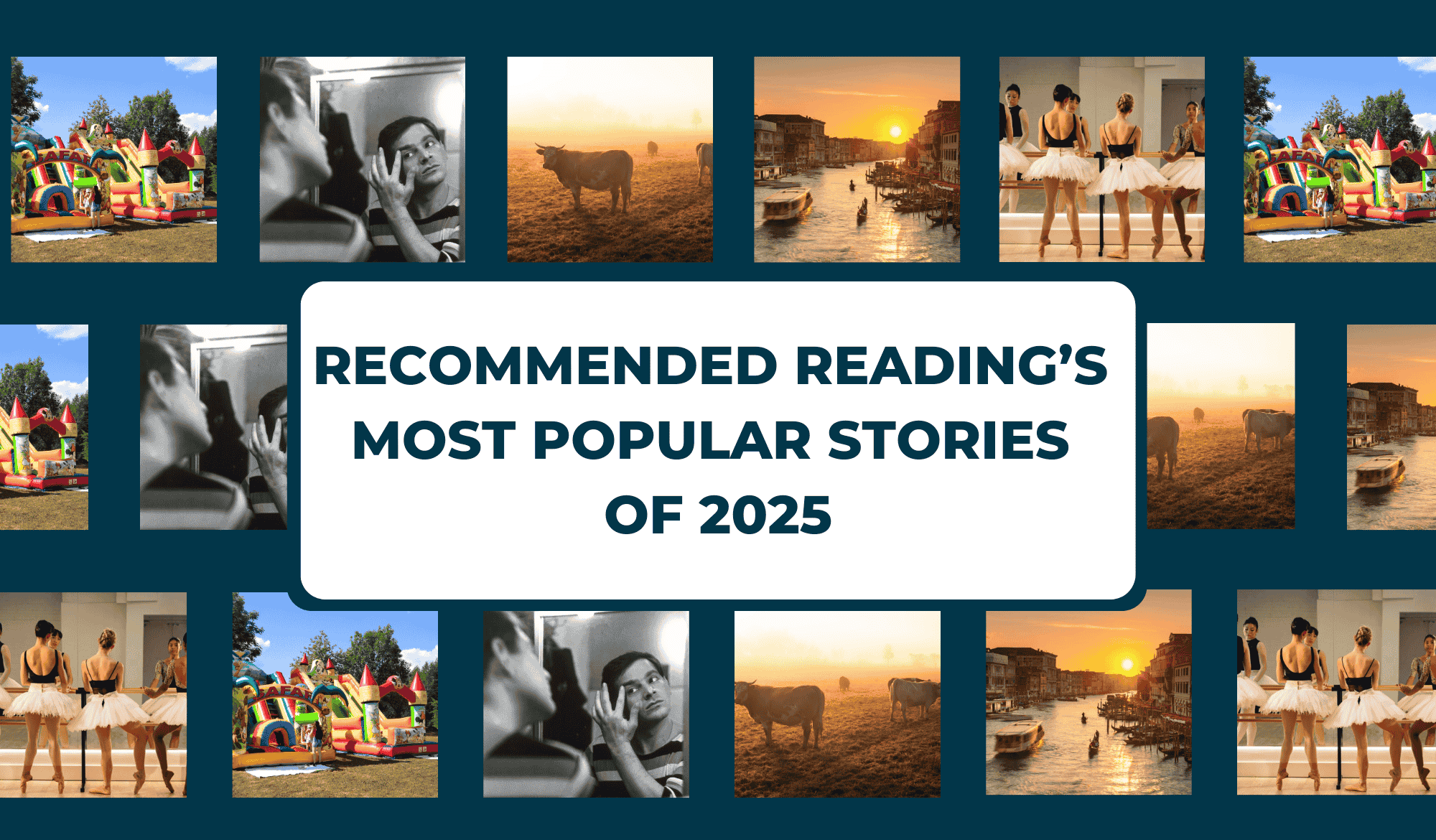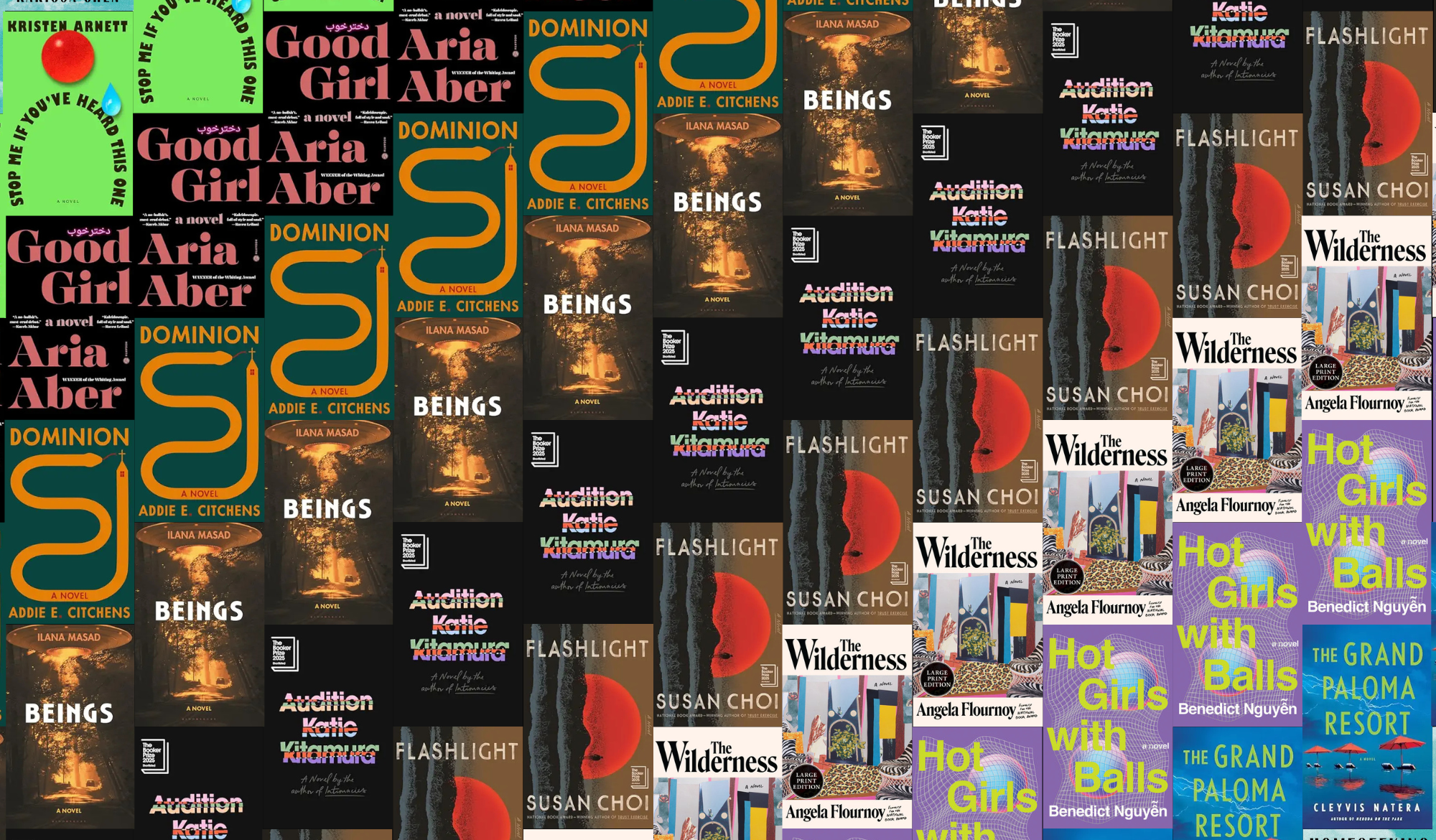news
The Year in Review: 10 Moments That Rocked the Literary World in 2016
All the scandals, achievements, awards, debates & deaths that defined a truly remarkable and pretty damn terrible slice of history.

Put bluntly, 2016 was rough. Even a list of the most buzzed about events, incidents and happenings in literature isn’t exempt from the forces that reared their ugly heads this year. We saw privacy attacked while fake news spread, great writers pass away, and women shut out of many of the year’s top literary awards. But there have been bright spots, too: authors of color were recognized and their works won much deserved prizes, alternative forms of story-telling and small presses gained international attention, and independent bookstores saw growth for the seventh straight year.
This year’s literary events reverberated beyond the world of writers, and not just because a non-traditional ‘writer’ — aka Robert Allen Zimmerman — won a major prize. After years of being warned that fiction is becoming irrelevant, 2016 felt like a confirmation that great writing still matters. That people are still reading. They’re buying books and supporting bookstores and listening to what artists have to say. Given that 2016 doesn’t exist in a vacuum — its roots were planted years ago and its fruit will continue bear in the future — this knowledge is more important than ever.
So, to cap off the year, here’s our list of the big literary events of 2016.
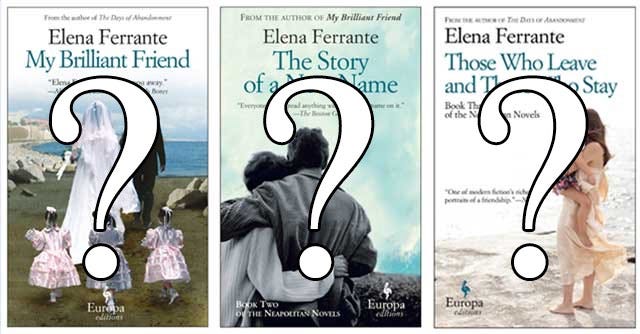
The Unmasking of Elena Ferrante
2016 was a strong rebuttal against privacy, a victory for over-exposure and the misled belief that access equals transparency. In the political arena this was best encapsulated by Donald Trump, who tweets whatever is on his mind at 4 am, while in the literary world the trend fell on the unwilling head of the Italian author known as Elena Ferrante. Despite Ferrante’s pleas for anonymity, Italian journalist Claudio Gatti wrote a report for the Italian newspaper Il Sole 24 Ore (which was then republished around the world, including by the New York Review of Books) which unmasked the author’s identity by tracing financial statements between Anita Raja, a translator who lives in Rome, and Ferrante’s publisher, Edition E/O. Many of Ferrante’s fans were angry at this gross breach of the author’s wishes, though if 2016 has proved anything, it’s that facts are no longer synonymous with truth. Only her books can do that work — and so we keep reading.
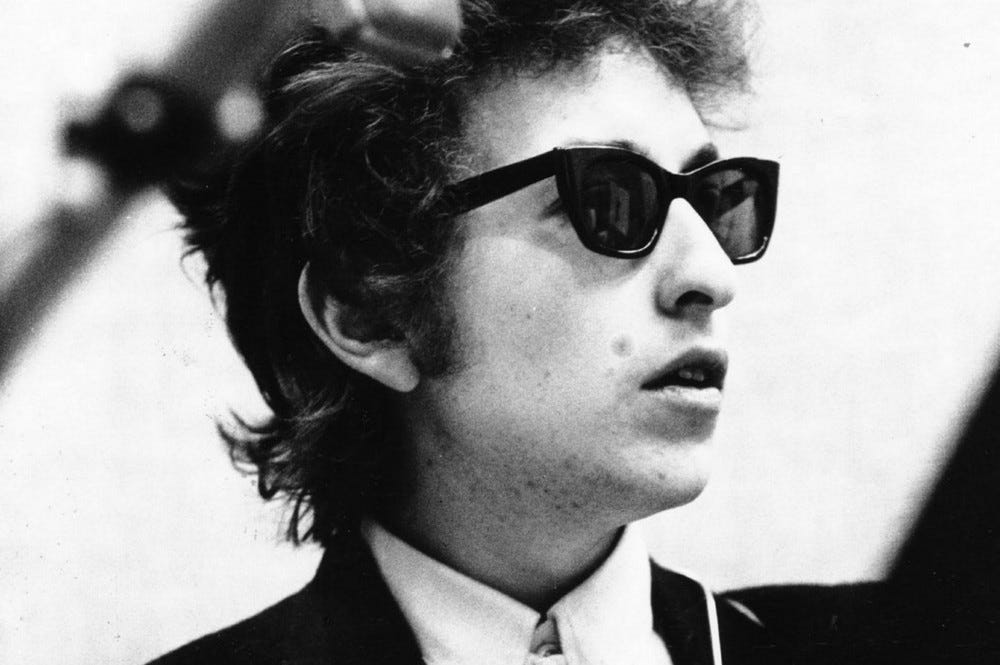
Bob Dylan Wins the Nobel Prize in Literature
On October 13th, the Nobel Prize in literature was awarded to singer, song-writer, and sunglasses super-fan Bob Dylan. Dylan won for his lyrics, making him the first musician to win the prize, and the the first American recipient since Toni Morrison in 1993. Dylan’s award raised questions not only about what constitutes literature but why the committee would choose to give the prize, which comes with $870,000 and invaluable exposure, to a famous musician when writers and the written word are so in need of support. If the Nobel committee was hoping to generate buzz by nominating a celebrity, they got their wish — though they may regret it. Dylan took his sweet time accepting the prize and then declined to go to the award ceremony.
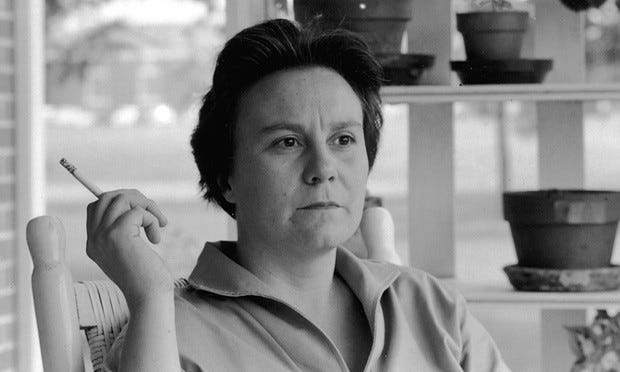
Harper Lee Dies at Age 89
On February 19th, Harper Lee, author of the Pulitzer Prize-winning novel To Kill a Mockingbird, passed away at age 89. In addition to having her book taught in almost every middle school in America, Lee received the Presidential Medal of Freedom for her contributions to American literature in 2007 and the National Medal of Arts in 2010. This year also saw the loss of Umberto Eco, Elie Wiesel, Katherine Dunn, and William Trevor, among other great authors.
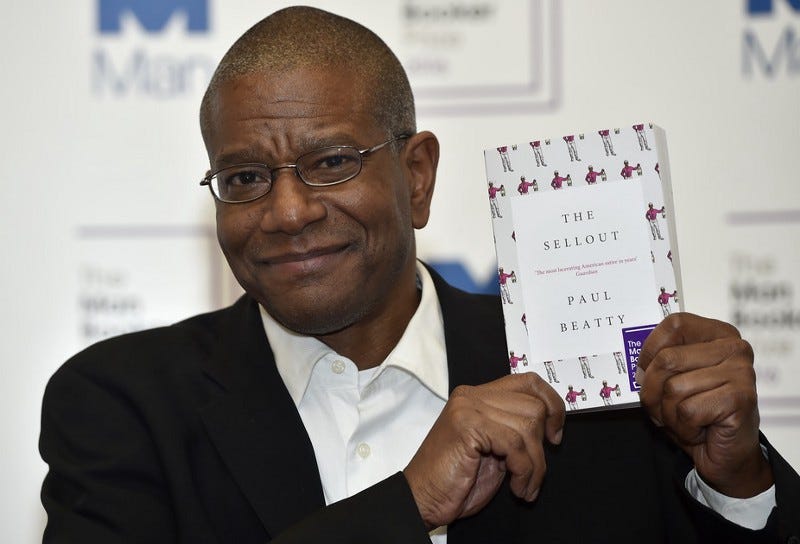
Paul Beatty, First American to Win the Booker Prize
Paul Beatty became the first American to win the Man Booker Prize, awarded for his novel The Sellout, a darkly comic tale of an African-American man who attempts to recreate slavery in California. Opening the prize to American authors incited some controversy across the pond. Even before Beatty won the award, the number of British authors declined notably in this year’s long list, causing some to worry that British authors will continue to be marginalized by the UK’s top literary prize.
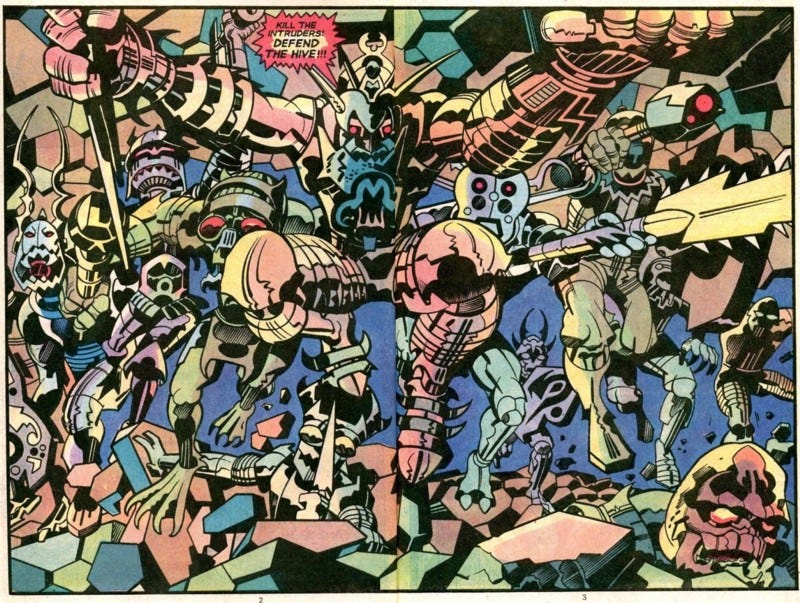
Another Attempt to Fix the Hugo Awards
For the second year in a row, the Hugo Awards for Science Fiction and Fantasy were subject to influence by The Sad Puppies and The Rabid Puppies, two groups known for their racist and self-proclaimed “anti-leftist” and “anti-academic” agendas. Despite attempts to fix the results by tipping the nominations towards Puppy-approved works, in the end the winners of the Hugo Awards were a pretty diverse list of authors and arists.
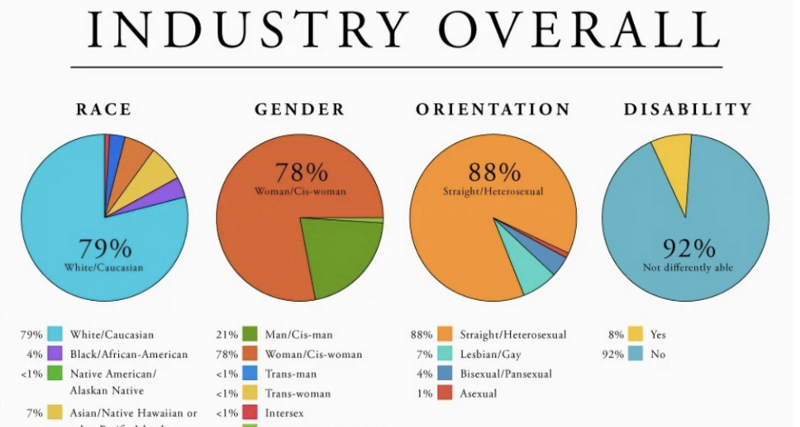
Straight White Women Run Publishing
A new survey of the publishing industry by Lee & Low looked at 70 publishers in the US and Canada and confirmed what many knew to be true: the publishing industry is overall 79% white, 78% women, and 88% straight. While there have been more conversations about the need to improve diversity in publishing (such as last year’s dialogue between Marlon James and Claire Vaye Watkins after she published her essay “On Pandering”), this study showed we still have a long way to go.
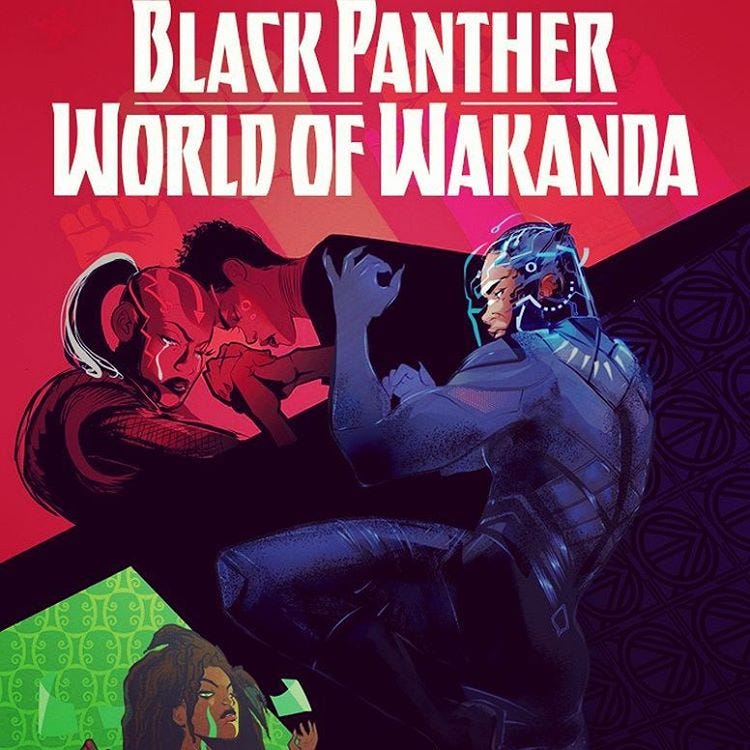
Marvel Enlists Big-Time Talent for Black Panther
When it was published in May, Ta-Nehisi Coate’s “Black Panther” comic for Marvel was an immediate success; in its first month it sold more than 250,000 copies in the US and sold out in the UK. In July, Marvel announced that Roxane Gay will join the franchise with “The World of Wakanda.” The comic will follow Ayo and Aneka, two lovers who are former members of the the Dora Milaje, the Black Panther’s female security force.
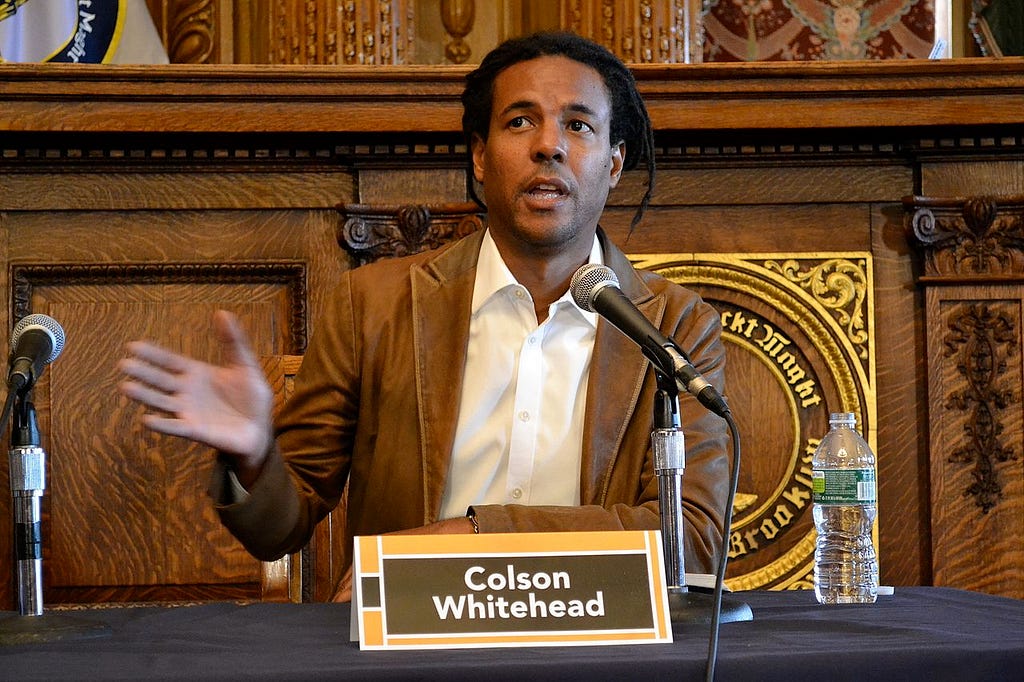
Whitehead, Nguyen & News for Diversity
African-American men took home three of the four National Book Awards, including Colson Whitehead for his bestselling, critically adored novel The Underground Railroad. The Pulitzer Prize in Fiction was awarded to Vietnamese-American writer Viet Thanh Nguyen for his suspenseful debut novel The Sympathizer. Still, among this good news, a new study showed that women are incredibly underrepresented in major literary awards.
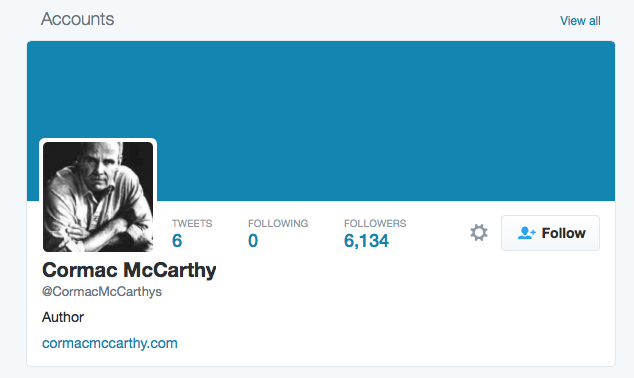
Cormac McCarthy Death Hoax
In June, a fake Twitter account designed to look like Knopf (@aknopfnews) announced that Cormac McCarthy had died at age 81 from a stroke. Major news outlets such as USA Today quickly retweeted the announcement, leading to widespread belief that the author had passed away. It turned out that the news was a hoax by Italian journalist Tommasso Debenedetti, but Twitter still had fun with the incident.
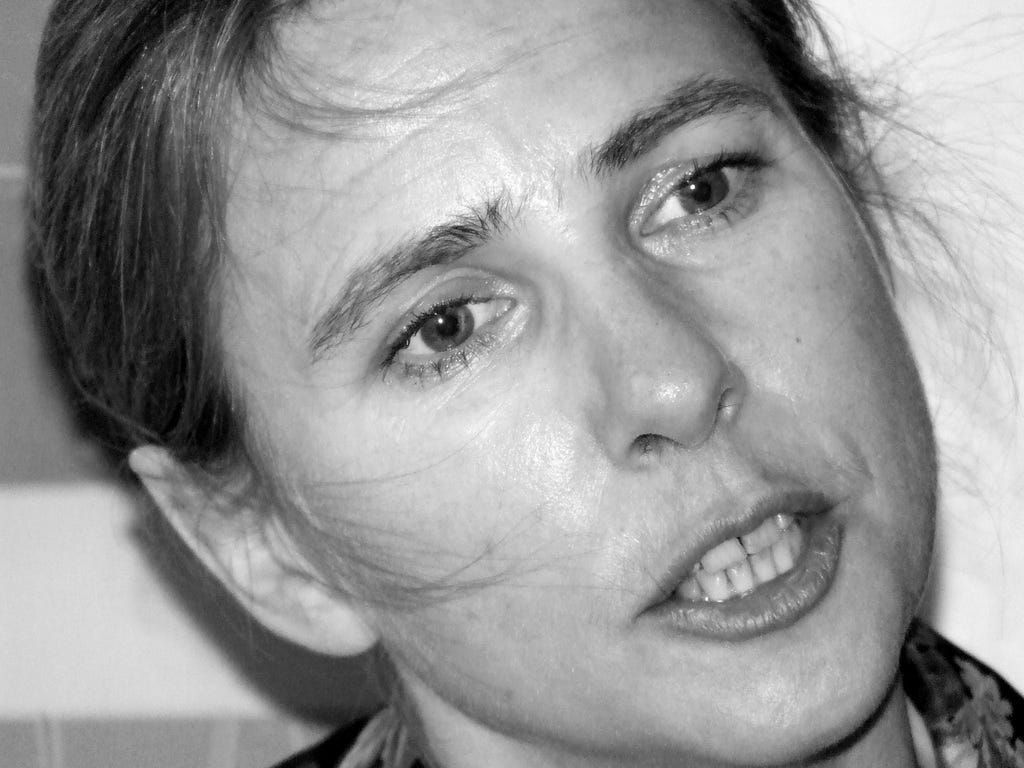
Lionel Schriver & the Cultural Appropriation Debate
In her keynote speech at the Brisbane writers’ festival, author Lionel Schriver argued that the literary world is threatened by political correctness and that white writers are not guilty of “cultural appropriation” when they write from the point of view of characters from other cultural backgrounds. The author of We Need to Talk About Kevin (who donned a sombrero for much of the speech) sparked an intense debate over the lines between racism, artistic freedom, and cultural appropriation.





